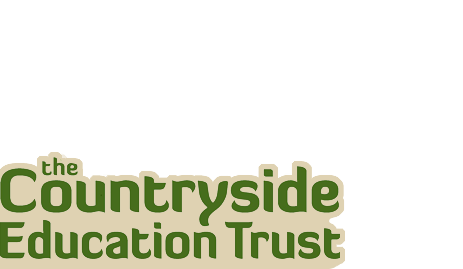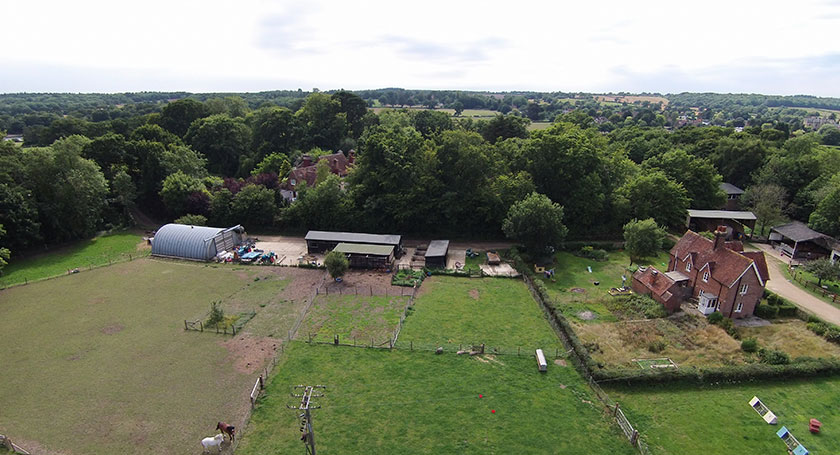 OtherFood From the Farm: November – MedlarsTuesday 26th November 2019Learn More
OtherFood From the Farm: November – MedlarsTuesday 26th November 2019Learn More
Uh Oh! You're using an old web browser
Please upgrade to a modern web browser to view this website.
Description
Tuesday 23rd January 2024
Having made it through a no-doubt worrisome December, a new turkey has made her way to the farm, joining the wide range of poultry here at CET. This newcomer, Emily, has moved in with long term CET resident, Agatha, who needed some company after the sad death of her friend, Enid. Turkeys are social animals, so we like to make sure they always have another feathered friend to gobble and cluck with. The poultry Poirots amongst you may have noticed a certain link between their names; they’re all named after famous authors. Agatha Christie, Enid Blyton, and now joining the intellectual circle, Emily Brontë.
Both are ‘bronze’ turkeys, but anyone lucky enough to visit these lovely hens might notice that Agatha is significantly smaller than her new lodger. Although they both derive from the same breed, they deviate slightly in that Emily, the larger, is from a more industrially farmed line of hens, whereas Agatha is closer to the standard heritage breed.
In general, heritage breeds (which aren’t limited to just poultry) were historically bred to live in more trying environments, and have changed very little from a time when farming was less technologically sophisticated and industrialised. We often describe them as being more ‘hardy’ or ‘thrifty’. This means that they are more suited to harsh weather, less prone to disease and injury, and will be able to get by on lower quality food in scanter quantities.
Large scale modern farming has moved away from the traditional, slow-growing heritage breeds in favour of fast growing, high yield animals. From a meat production perspective, these breeds will produce more meat in a shorter amount of time, therefore they hold a greater potential for quick profit.
As animal welfare and environmental awareness become more important factors in people’s shopping habits and everyday lives, there has been a revival in interest in heritage breeds, as they are more suited to a high-welfare, holistic farming approach.
Despite their differences – in breeding and literary style – Agatha and Emily seem to be getting along rather well. Hopefully they’ll have a happy future together, perhaps we’ll even see some more esteemed turkeys joining the authors’ club later this year.






